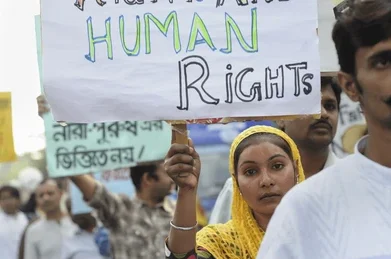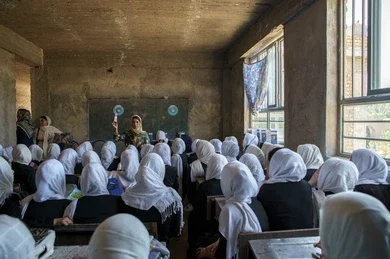
Maternal health disparities and healthcare access disproportionately affect women from marginalized racial and ethnic communities in the United States, leading to preventable complications and mortality. Efforts must be made to improve healthcare policies, enhance education, and promote equity in maternal health services. Addressing systemic healthcare gaps is essential to ensure equitable, quality care for all mothers.

Gender-based violence remains a pervasive issue in India, with high rates of domestic abuse and sexual harassment despite legal reforms. This undermines women’s safety, autonomy, and societal participation. Strengthening enforcement and support systems is critical to protect and empower women.

Legal and societal restrictions continue to limit women’s participation in the workforce and decision-making in Saudi Arabia. These barriers hinder economic growth and gender equality. Advancing legal reforms and promoting women’s empowerment are key to driving inclusive development.

In Sweden, the pursuit of work-life balance remains a challenge, as many women continue to grapple with the demands of balancing careers and family responsibilities. Despite progressive policies designed to support this equilibrium, societal expectations and workplace structures often impede true flexibility. The struggle for equitable sharing of domestic duties persists, further complicating efforts towards gender equality. As Sweden strives to uphold its reputation for progressive values, addressing these challenges is essential for fostering a more inclusive society.

In Afghanistan, the educational landscape presents a daunting challenge, as girls, particularly in rural regions, face monumental barriers to accessing schooling. Cultural norms and safety concerns often deter families from sending their daughters to school, perpetuating cycles of illiteracy. Additionally, the scarcity of qualified teachers and resources compounds the issue, leaving many young women without opportunities for personal and professional growth. This lack of education not only stifles individual potential but also hinders the overall progress of society.

